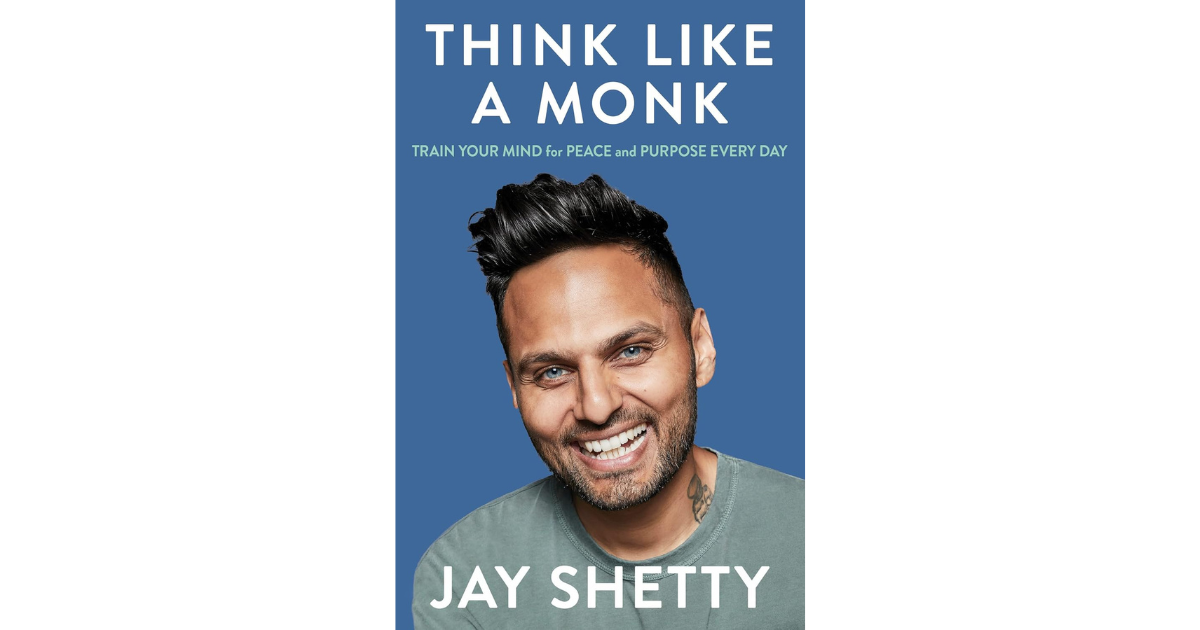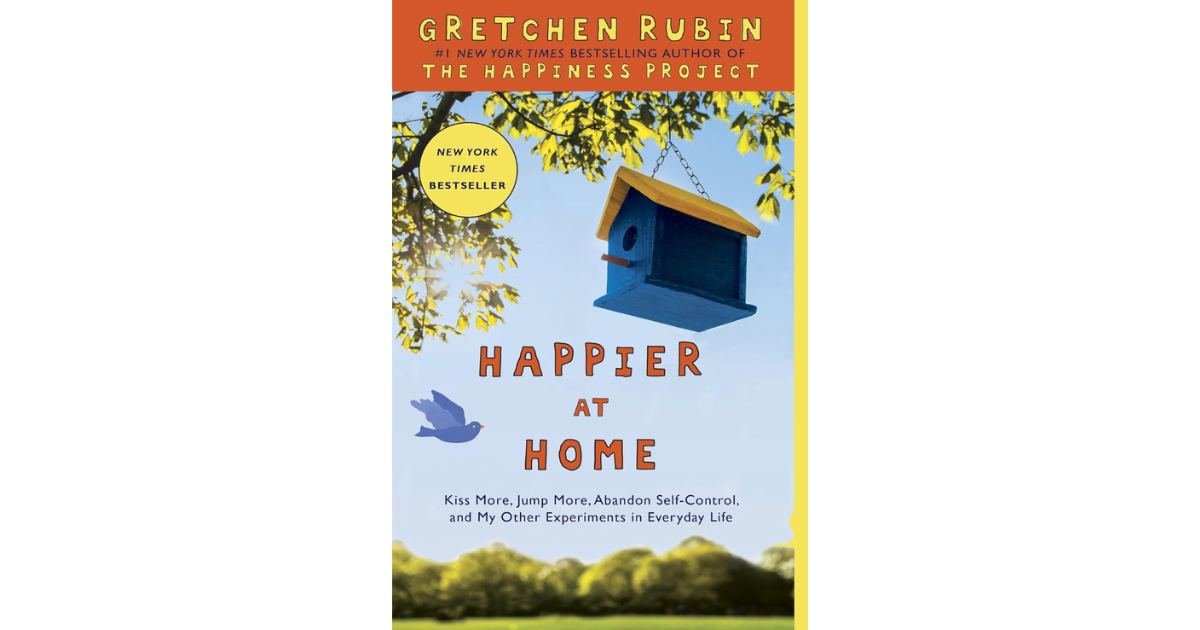Business Book Review: Rich Dad Poor Dad by Robert T. Kiyosaki
My all-time favourite book for deciding to see the work, the world and life for what it could be.
My Rating: ★★★★★
Length: 366 pages
Publisher: Plata Publishing
Released: 2022 (first released 1997)
Key Takeaways for Personal Branding
Rich Dad Poor Dad by Robert T. Kiyosaki is the book that’s been on everyone’s lips and lists for decades. First released in 1997, the book slowly took the world by storm. Its controversial positions had it first rejected by publishers. Ideas, like “savers are losers” and, “your house is not an asset”, were not well-received amongst traditional thinkers at the time. So Rich Dad Poor Dad was self-published.
The book now has a cult following across the globe. I’ve personally read it every year for years and it is my favourite book (Kiyosaki also being my favourite author).
It’s the infamous tale of two dads. Kiyosaki’s biological father (Poor Dad) and his best friend, Mike’s father (Rich Dad) and their opposing approaches to work, education and finance. Like most, Poor Dad advised to go to school, study hard, get a good job and climb the ladder. Rich Dad, who went on to become one of Hawaii’s wealthiest business owners, followed the “why not own the ladder?” mindset.
On a mission to make money, young boys, Robert and Mike, bravely request mentoring from Rich Dad. His lessons, like Robert Frost’s The Road Not Taken, highlight an alternative path to the conventional wisdom of the “middle class”.
Lesson #1:
The rich work if they want to, not because they need to. While the middle class and poor buy liabilities they think are assets and accumulate more expenses, the rich buy assets:
“The poor and the middle-class work for money, the rich have money work for them.”
“Our assets are large enough to grow by themselves. It’s like planting a tree. You water it for years, then one day, it doesn’t need you anymore. Its roots are implanted deep enough. Then the tree provides shade for your enjoyment.”
The Fear of Ostracism
In a thought-provoking analogy for the financial sector, Kiyosaki reminds us of the fear of public speaking. However, it likely needs no reminder, as he highlights that research shows public speaking is the number one fear for most people - greater than death.
Psychologists believe that the fear of public speaking is caused by the fear of ostracism. A fear of standing out, of criticism, of ridicule and of being an outcast. Kiyosaki believes it’s what prevents people from seeking new ways to solve their problems. We conform, not question and accept common opinions and trends. The easier path despite its short-term gain, can have more long-term gain. Taking the path less travelled takes bravery in the face of fear.
The Real Estate Business
Kiyosaki shares the story of Ray Kroc, founder of McDonald’s. When speaking to an MBA class, Kroc asked students, “what business am I in?”. The hamburger business is the obvious answer to all. But, he responded, “Ladies and gentlemen, I’m not in the hamburger business. My business is real estate.” And he’s not wrong.
Today, McDonald’s is the largest single owner of real estate in the world. Owning some of the most valuable properties across the globe. This is how the rich think. They evaluate asset potential beyond a short-term lens. As Kiyosaki’s readers learn further in future books on cash flow, the rich don’t just own small businesses, they become significant business owners and investors.
Favourite Quotes
By automatically saying the words “I can’t afford it,” your brain stops working. By asking the question, how can I afford it?” your brain is put to work.
There is a difference between being poor and being broke. Broke is temporary. Poor is eternal.
We haven’t learned from history. We only memorize historical dates and names, not the lesson.
Too many people are focused on money, and not on their greatest wealth, their education.
Sometimes you win, sometimes you learn, but have fun.
Intelligent people are those that work with or hire people that are more intelligent than they are.
As Kiyosaki explains in the latest publication, his book has been criticised for being less manual and more philosophical. This is likely true, but it’s philosophies that are the foundation many ignore while pursuing their road to riches.
Rich Dad Poor Dad by Robert Kiyosaki: Available on Amazon.




